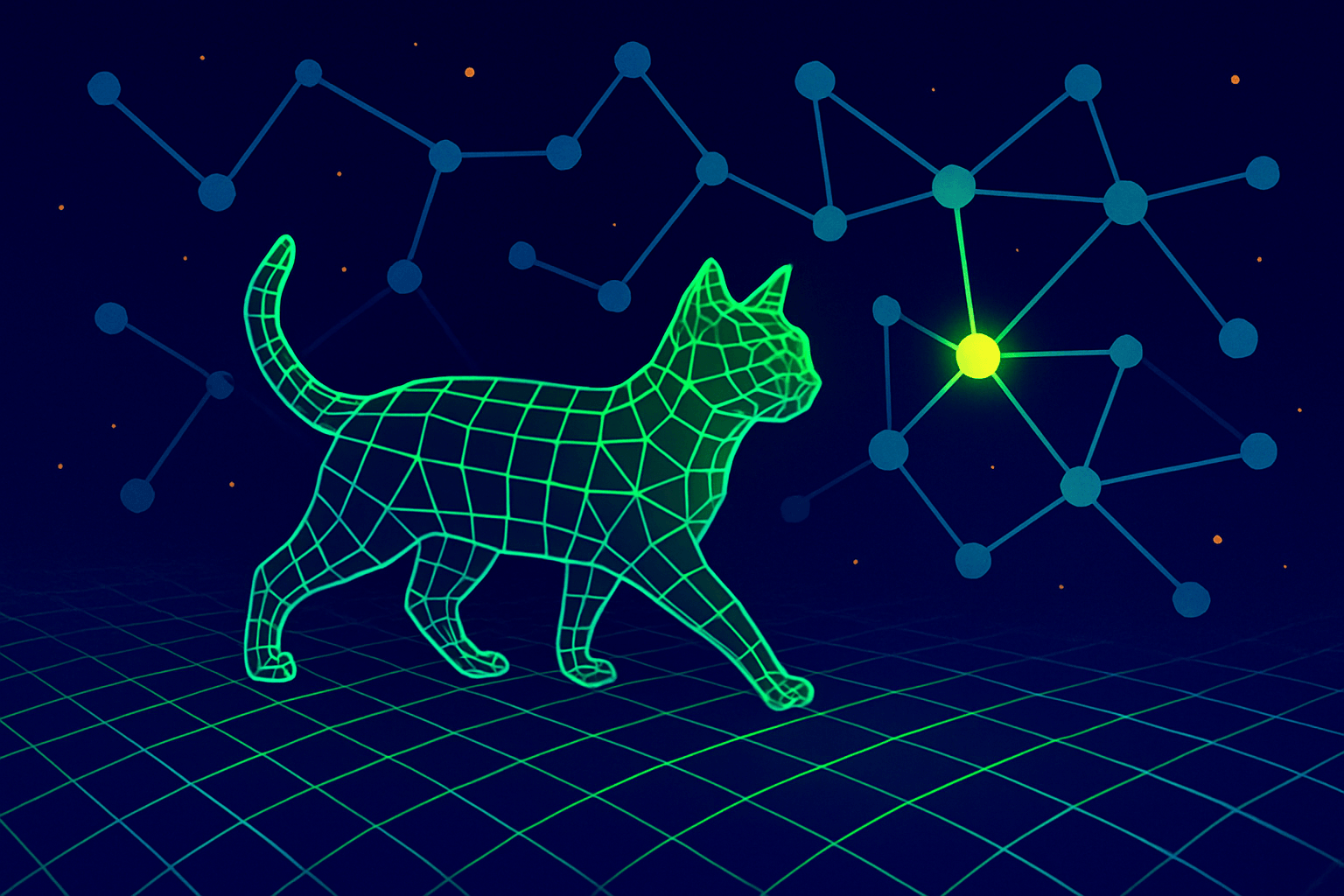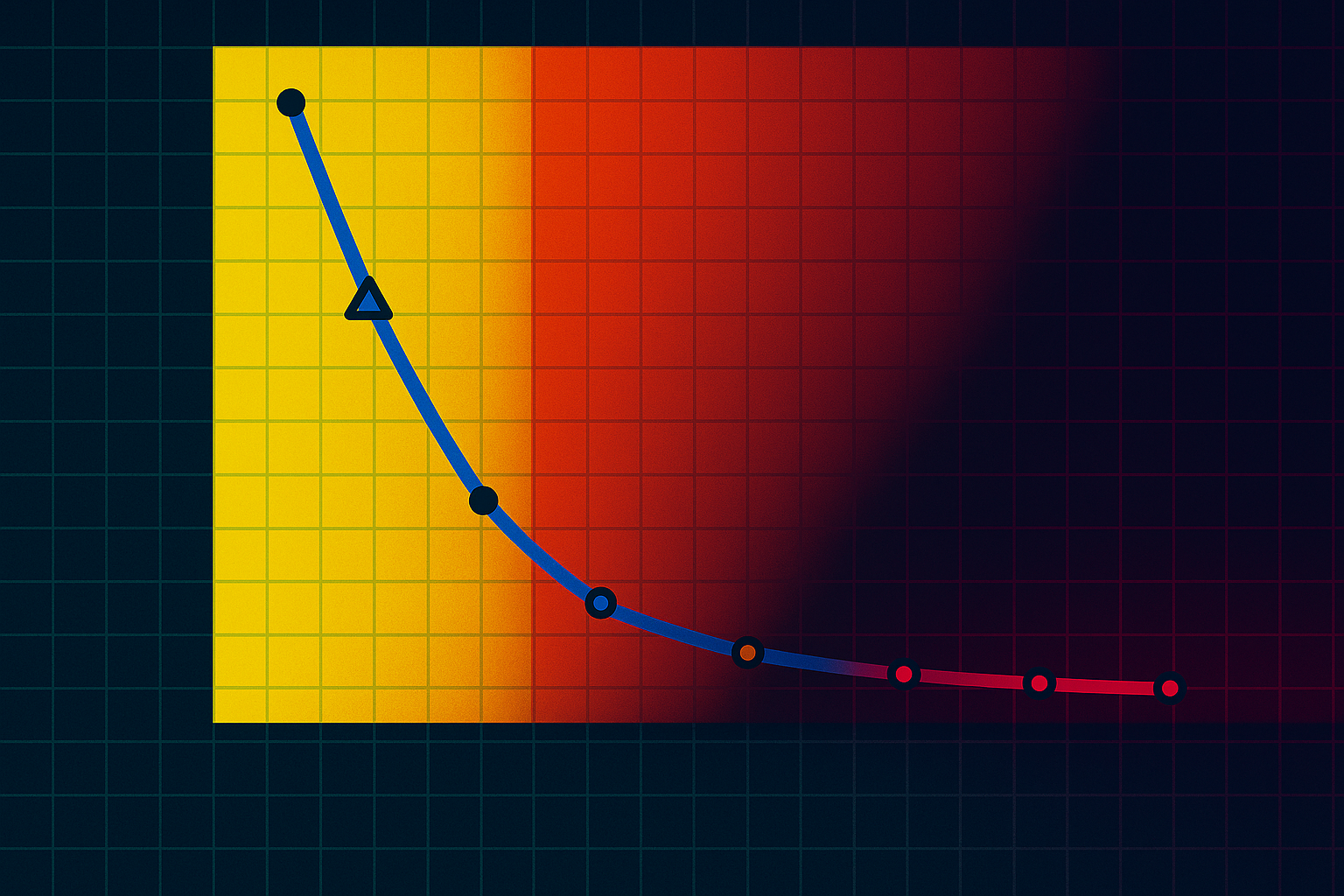Alexa co-inventor William Tunstall-Pedoe gets 20 million for his AI startup that wants to break new ground in AI development.
William Tunstall-Pedoe developed the AI assistant Evi, whose technology Amazon later used in Alexa. Amazon acquired the start-up of the same name in 2012. Tunstall-Pedoe then worked for Amazon until 2016 and led Alexa to market maturity with his team.
Tunstall-Pedoe founded a new AI start-up, Unlikely AI, back in 2018. Its only product to date is an AI-supported app that can solve complicated crossword puzzles using machine vision, among other things.
However, the startup also writes, "Most of our work has not yet been announced."
$20 million investment for an alternative AGI approach?
Now Unlikely AI and Tunstall-Pedoe have resurfaced: The Cambridge and London-based startup is getting $20 million from venture capitalists. The backers include former Google CFO Patrick Pichette, who also sits on Twitter's board.
Tunstall-Pedoe is not revealing exactly what the investors are spending the money on. The investment is expected to go toward personnel who will develop a new type of AI software. Speaking to Bloomberg, Tunstall-Pedoe hints that his startup is exploring an alternative way to generalize AI - shifting away from scaling large AI models.
“Everyone is locked onto a path of machine learning with big neural networks,” Tunstall-Pedoe says. “It is very unclear that this path will lead to a generally intelligent machine. We are taking a contrarian fresh look at doing this.”
The scaling question
To what extent can AI progress be driven by scaling large AI models? This question is a recurring theme in AI research.
A recent survey of researchers working on natural language processing shows: Currently, only 17 percent of respondents believe that scaling can solve almost every important problem in NLP research. Seventy-two percent believe their field is too focused on scaling.
Metas AI Chief Yann LeCun sees scaling as an important factor in AI development, but it alone is not enough - the development of human-like AI needs additional ideas. Such systems would have to learn in a similar way to babies, for example.







